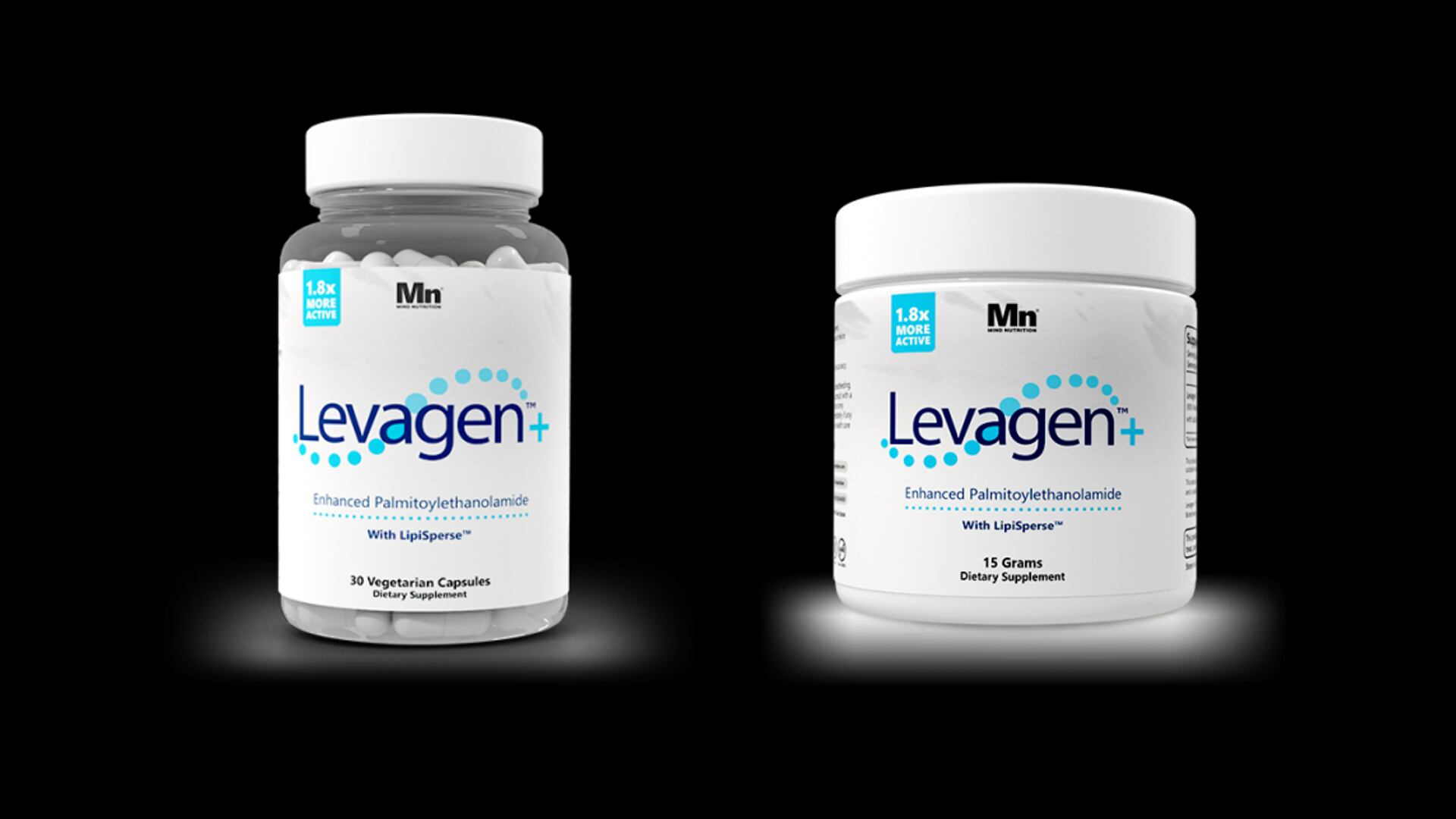Levagen is a form of palmitoylethanolamide (PEA), an endogenous fatty acid produced by the human body as a first responder to stress and injury. It is known as an anti-inflammatory compound and pain reliever that protects against muscle deterioration.
While there have been many clinical studies conducted on PEA, the Levagen study — published in the journal Inflammopharmacology — focused on osteoarthritis with the aim of being able to make health claims on nutraceuticals for healthy populations.
The study's participants consisted of 111 adults aged 38 to 76, who had mild to moderate knee osteoarthritis.
Clinical claims
Speaking to NutraIngredients-Asia, MD RV Venkatesh said: "Almost every study on PEA prior to ours was done on diseased patients. But for nutraceuticals, we are not allowed to use studies conducted on disease conditions to make claims for healthy populations.
"So we designed a study on osteoarthritis, because pain relief claims are allowed only in the areas of arthritis, and sports injuries and recovery.
"We found that most of the available products designed for arthritic pain relief were supplements like chondroitin and glucosamine, whose standard RDI is 1,500mg and 1,200mg a day, respectively. These high doses require large capsules and tablets that are hard to swallow, and they don't act instantly.
"Furthermore, the existing studies on chondroitin and glucosamine all show that they need about 24 to 42 weeks to take effect, with only mild improvement."
Taking into consideration consumer preference for faster relief in smaller doses, the researchers administered either a 300mg or 600mg dose or placebo to each participant daily for eight weeks.
Subsequently, Venkatesh said, the supplemented participants saw significantly greater pain relief than those in the 24- to 42-week studies on chondroitin and glucosamine.
He added: "Both doses showed statistically significant pain relief and overall alleviation of arthritis symptoms from placebo, and the effects were dose-dependent — the 600mg dose was more effective than the 300mg dose."
Lipid leverage
PEA is considered unique in that it is produced and used locally in every tissue, unlike many hormones, proteins and endocrine agents. For instance, insulin is produced only by the beta cells in the pancreas, and circulated throughout the body.
While naturally occurring PEA alleviates physical pain, its action span lasts for only 60 to 90 minutes, and though the body's reserves are eventually replenished, its levels decline with age.
Venkatesh said: "We've been working with a top researcher from the University of California (Irvine), Dr Daniele Piomelli, who was one of the first to research PEA, which was originally discovered in 1957 in egg yolks as the compound that gave them their anti-inflammatory properties."
"It was later found in soy lecithin and peanuts, and further research showed it was also present in every mammalian tissue."
Since then, Gencor, along with its sister company Pharmako Biotechnologies, have used the latter's LipiSperse delivery technology to produce a more functional and bioavailable version of Levagen (which is derived from eggs, soy and peanuts), called Levagen+.
Being a lipophilic compound, Levagen is suitable for use in capsules and tablets. However, the application of LipiSperse makes it water-dispersible, making it suitable for use in shakes, sachets and RTD (ready-to-drink) formulae
"Levagen+ has also been used in a pharmacokinetic study that showed its absorption rate to be 1.8 times higher than the standard Levagen. This means customers can take even smaller doses and still see significant effects.
"We've also done a clinical study on exercise recovery using Levagen+. The participants were exercised to total exhaustion, then given Levagen+ 24, 48 and 72 hours later.
"We saw a significant reduction in their levels of myoglobin, a marker of muscle damage, and lactic acid, which causes post-exercise pain. This implied that Levagen+ could help people exercise longer without pain.
"Lastly, we saw an increase in the mTOR pathway for muscle-building, which was consistent with the science that it not only reduced muscle damage, but also helped to build muscle. The supplemented group also recovered much faster when compared with the placebo group."
Research and reach
Gencor is also conducting another two studies on Levagen+ in Australia: a short-term clinical trial on acute pain in different joints, and another on sleep, as Levagen is said to aid in restful sleep by protecting against stress, pain, and muscle damage.
Venkatesh said, "In the UK, we are conducting a season-long field study on sports recovery — we are giving the Gloucester rugby team Levagen+ and assessing their recovery after matches. Rugby being a contact sport, painkiller use is common among players, but that comes with side effects.
“The good news is we've already gotten field reports that players have been able to reduce their painkiller consumption by taking Levagen+, whose neuroprotective effects also lead to faster recovery from concussions, as well as better sleep."
Currently, the ingredient is available in US and Canada. It used to be classified as an ingredient for FSMPs (foods for special medical purposes) in Europe until 2017, after which it was granted supplement status in Italy.
In Australia, Gencor has filed the paperwork for TGA approval of Levagen as a proprietary ingredient in Australia, and the company hopes to get approval by this year.
Venkatesh said: "We have conducted peer-reviewed and published toxicity, clinical, in vitro and animal studies, and we have a GRAS (generally recognised as safe) dossier for the US market for Levagen.
"We are also trying to launch in Malaysia, Thailand, Vietnam, Indonesia and Taiwan, where we’ve had discussions with industry partners.
"In fact, our partner in Malaysia, and Pharmako in Australia, have taken the initiative to file the necessary paperwork on our behalf."

